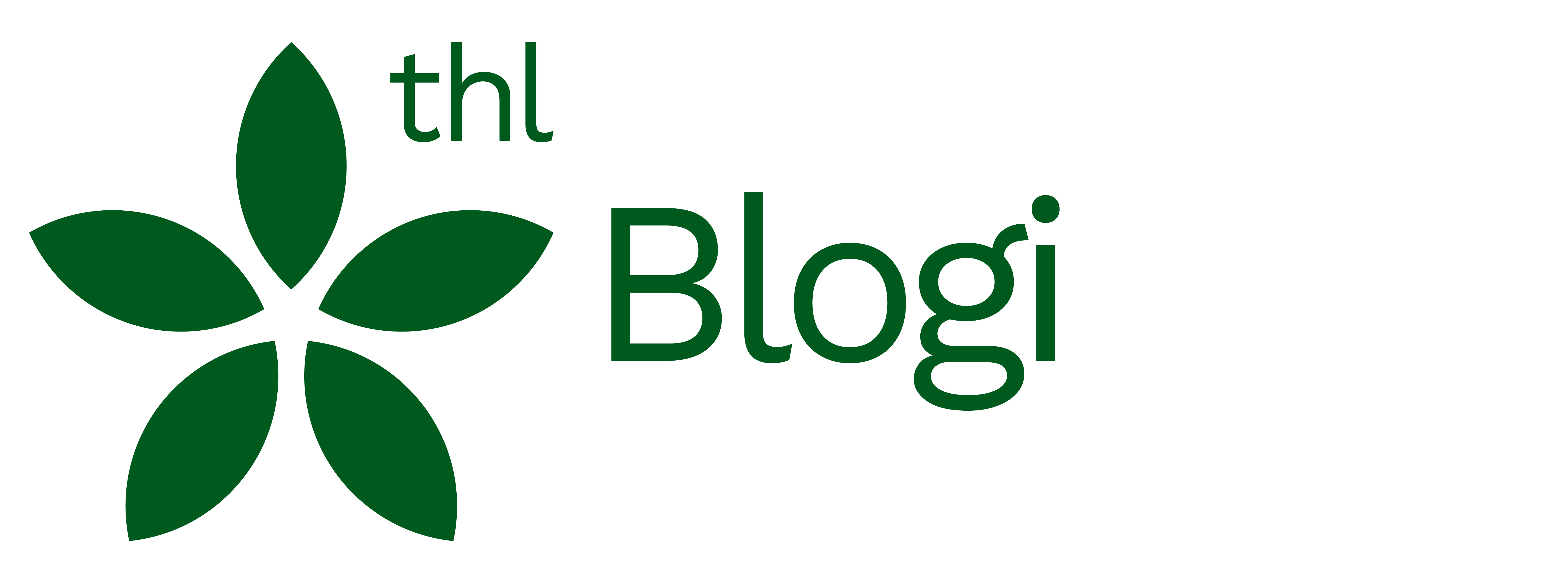Finland and Finnish society benefit from Nordic cooperation in many ways. We can learn good practices from one another and coordinate our legislation in a way that benefits citizens and society as a whole. A tangible example of cooperation that makes things easier for citizens and societies is the freedom of movement between the Nordic countries.
In addition to Finland, the parties to the Nordic cooperation include Sweden, Norway, Denmark and Iceland as well as the Åland Islands, Faroe Islands and Greenland.
Cooperation between different countries has also become closer in international organisations, such as the European Union. As the different Nordic countries share a highly similar social order, they also often have similar interests in the decision-making of the European Union. While the influence of individual Nordic countries is often limited, we form an influential block in the EU as a united community of values.
Nordic cooperation enables Finland to become attached and identified as part of the Nordic community of values, which is characterised by strong democracy, the rule of law, equality, freedom of expression, tolerance, active and participating civil society, sustainability thinking and determined climate work.
The Disability in Society team operates in three Nordic cooperation bodies
The Finnish Institute of Health and Welfare (THL) participates in Nordic cooperation as a part of the administrative branch of the Finnish Ministry of Social Affairs and Health. The Disability in Society team is involved in the activities of three different cooperation bodies: the Council of Nordic Cooperation on Disability, Nordic Dementia Network and Nordic Network of Rare Diseases. In all these forums, we promote THL’s mission to defend welfare, health, and safety in a changing society.
Through our participation in Nordic cooperation, we also support our strategic goals. Nordic cooperation helps us achieve our goals, including the promotion of health and welfare among the population, equal services, a safe society, high-quality information, effective RDI activities and a proactive THL capable of learning.
The Council of Nordic Cooperation on Disability (Funktionshindersrådet) has been operating actively for decades by now. The work is guided by cooperation programmes on disability issues, the most recent of which concerns the period 2023–2027. In this programme, as in previous ones, keeping the UN Convention on the Rights of Persons with Disabilities on the agenda and implementing its principles are at the forefront.
The Nordic countries have carried out annual Nordic side events at the UN Conference of States Parties to the CRPD in New York City, highlighting various themes that we consider important. At the conference held in June this year, the themes of the side events include digitalisation and the situation of indigenous peoples.
THL’s Disability in Society team is also involved in the Nordic Dementia Network and the Dementia and Intellectual Disabilities, a subnetwork within the field of dementia. The Nordic Dementia Network promotes the sharing of experiences gathered from national strategies and international work. There is a lot of interest in the Nordic strategies on dementia at the international level.
Nordic cooperation in the field of rare diseases is carried out in the Nordic Network of Rare Diseases (NNRD). In the network, representatives from government agencies, service providers and NGOs from Nordic countries share their views and experiences of the situation of people with rare diseases, the status of the service system and practical care and service work. The network aims to solve common problems related to rare diseases and, at the same time, coordinate EU-level cooperation on rare diseases. An important part of NNRD’s activities is the biennially organised Nordic conference on rare diseases, which brings together public officials, people with rare diseases, specialists, professionals and researchers. The summit will be held the next time in 2025 during Finland’s presidency of the NNRD.
Cooperation continues in research and the Nordic Council of Ministers
Early this year, we launched a research project examining the mental health and life satisfaction among young people with disabilities and their experiences of services after the pandemic. In addition to Finland, the countries involved in this NordForsk D-youth project include Sweden, Norway, and Iceland.
Finland will hold the presidency of the Nordic Council of Ministers again in 2025. Finland will be exceptionally granted the presidency one year ahead of schedule, as Denmark has asked Finland for a possibility to switch places in the order due to Denmark’s coinciding EU presidency.
THL will manage the presidency in collaboration with the Ministry of Social Affairs and Health. The year will allow us to bring attention to important issues both nationally and internationally. Much of the work is based on national programmes, such as the Disability Policy Programme of Finland and the Nordic countries, and Finland’s recently published national programme for rare diseases. All these programmes are connected to the UN Conventions on Human Rights, particularly the Convention on the Rights of Persons with Disabilities.
Effective cooperation strengthens both national and international work in the disability sector. The work also contributes to the strengthening of the welfare state and the rule of law. Both require the implementation of fundamental and human rights at the legislative and practical levels. In these times, it is important that we clarify our own thinking – so that we can defend the rights of more vulnerable groups in the society.
The article is part of the Disability in Society blog series
The Disability in Society blog series deals with phenomena connected with disability and services for persons with disabilities in our society. The concept of disability has changed with time. Issues that are important today include human rights, participation, self-determination, access, and accessibility.
Further reading:
The Council of Nordic Cooperation on Disability (Nordic Welfare Centre)
Nordic Programme for Co-operation on Disability Issues 2023 to 2027
Nordic dementia network (Nordic Welfare Centre)
Convention on the Rights of Persons with Disabilities (United Nations)
